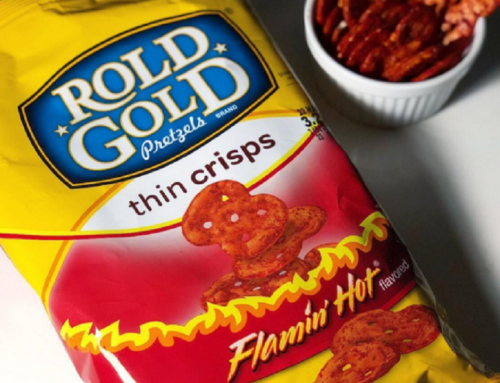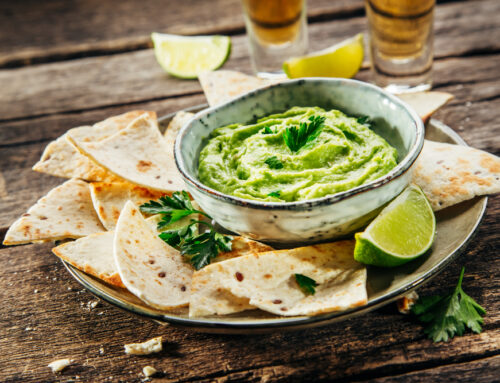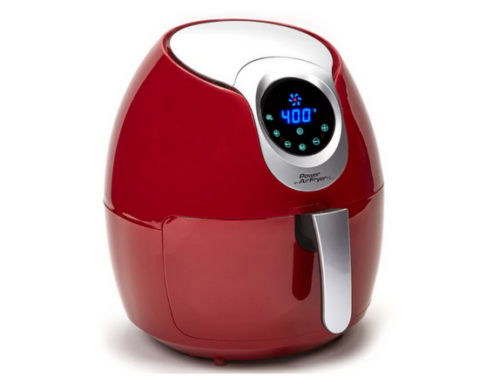No matter where you live, you’ve likely got a favorite restaurant, gastro bar, or greasy spoon. It’s down the block, the food is good, and the staff knows who you are, likes you, and treats you well. At least, you think the staff likes you.
But how do you know? Sure, they wave hello and laugh at your jokes, but do they secretly think you’re a weenie? If you haven’t gotten a free drink in a while and have caught the barman grimacing when you walk in, chances are high that you have a case of regulitis.
A common affliction that disproportionately affects New Yorkers suffering from loneliness and a lack of natural light, it occurs when a person seeks belonging and validation from the help while simultaneously exhibiting behaviors that annoy, frustrate, infuriate, and repulse said help.
‘What are those behaviors,’ you ask? Here’s a starter list – there are, in fact, hundreds more – written by a waiter turned writer who spent 13 years slingin’ hash (aka yours truly). Let’s start with the most egregious. [pagebreak]
1) DO: Avoid flirting, innuendo, or sexual advances of any kind with the staff.
DON’T: Be that guy. You know the one. He’s handsy with the hostess and tells dirty jokes to the new waitress. You’re server isn’t a geisha and the restaurant isn’t a dance hall. You’re there to eat, not meet wife number four. And even if you think you have a connection with the new waitress, a surefire way to break it will be to tell her about your exploits or draw lewd parallels between the sausage on your plate and the one… you know the rest.
2) DO: Arrive within normal restaurant hours.
DON’T: Show up before the restaurant opens or just shy of closing. Waiters, like parents and doctor’s offices, have business hours. The time before the restaurant opens and after it closes is not just for set up and clean up. It’s also when your waiter mentally prepares for and recovers from a day spent in the public service trenches. Lingering outside the restaurant before it opens and dramatically checking your watch every 30 seconds interrupts this time and pretty much guarantees your dining experience will be sub par [because neither your server nor the restaurant set up will be ready]. Similarly, sitting down to order three minutes before the “official” closing time means you’ll feel rushed and guilty – it’s awkward being the only couple in the restaurant who isn’t working, no? – and your waiter, who’s already been on the clock nine or more hours, will be curt. Like parents who look forward to putting the kids to bed, so too do waiters relish the precious quiet before and after their shift. This unspoken rule is one by which every regular hoping to be well-liked should abide.
3) DO: Wait patiently to be seated.
DON’T: Expect a red carpet to roll out and trumpets to sound when you show up without a reservation. Any restaurant hoping to last more than a few months should show its regulars they are appreciated. Most often, this appreciation translates to a welcoming smile, a warm hello, and the occasional free drink or comped dessert. What it doesn’t translate to is bumping non-regulars from the wait list on a busy Friday night at peak service hours. Don’t ask the host to rewrite the rules for you. Getting seated right away at your favorite table won’t always be possible. Recognizing when that possibility exists and when it doesn’t is the difference between “Great to see you” (and your host meaning it) and “Look who’s here” (and your host meaning it in all the wrong ways). [pagebreak]
4) DO: Expect your drink and dinner orders to arrive within a reasonable time.
DON’T: Get your knickers in a bunch if your specialty cocktail wasn’t flown in from Azerbaijan within two minutes of ordering it. Food and drinks take time to prepare, and even if you’re the only person in the restaurant, your waiter isn’t Harry Potter. He can’t fly or teleport or wave a wand that makes dinner magically appear. Fair game for frustration is when you spy your waiter texting or smoking or doing shots at the bar with the hot hostess an hour after you ordered a salad you’ve yet to receive; not five minutes after you’ve ordered an off menu, well done filet mignon. There’s a natural order to food prep and food service. Legit regulars respect that order.
5) DO: Notice when the bar is slammed and order your drink accordingly.
DON’T: Show off to your friends by ordering the curated mescal cocktail whose garnish takes 18 minutes to assemble. “But restaurants shouldn’t offer what they can’t deliver,” you say, and of course, you are right. But if you want to be considered a “cool” regular – versus a dreaded one – you’ve got to actually be cool. A bartender knee deep in orders from waiters and bar patrons will appreciate your request for a simple gin and tonic, and if he’s a good bartender, will expedite said order by pouring this easily executed drink first. Keeping it simple is a win win for you: quicker service and the staff’s gratitude.
6) DO: Order when you are actually ready to order.
DON’T: Make your waiter recite and re-recite the specials three times and/or stand in front of you while you vacillate out loud between the escargot and the foie gras. If you don’t know what you want, ask for a few more minutes. If you have a question, ask it and then let the waiter take care of other guests while you consider the answer. Waitering is all about the big picture; serving a section of tables as if it were one giant table by fulfilling multiple requests in a single pass… and then doing that over and over again for the duration of the shift. Hog tying your waiter to your table while you ruminate means someone else gets ignored. If you love a restaurant, set your waiter free. [pagebreak]
7) DO: Endow your waiter with trust.
DON’T: Snap, clap, wave, wag your finger, or ring a servant’s bell to summon your waiter. If you’re ready to order and your waiter isn’t in front of you, trust that he or she is taking someone else’s order and will get to you soon. If you see your waiter exhibiting the frustrating behaviors outlined in point number 4, alert a busboy or another waiter to your needs. If you are not truly ready to order, return to and reread – twice – point number 6.
8) DO: Say please and thank you.
DON’T: Act as though your waiter is a handmaiden. This one is so basic that I was always gobsmacked by how often neither was uttered. Manners, people. They’re pretty simple. As my mama used to say when I pulled my dress over my head on the kindergarten playground, “Were you raised in a barn?” If the answer is no – and even if it’s yes – for the love of Spock, say please and thank you.
9) DO: Tell your waiter clearly, kindly, and immediately if your meal is unsatisfactory.
DON’T: Yell at or say nothing to your waiter if your dish isn’t to your liking. The former is rude and makes you look like a neanderthal. The latter is passive aggressive. (Your waiter is not a mind reader, so if you say “fine” when asked “How is everything,” don’t expect him or her to intuit your real feelings. And if you eat the entire entree only to complain after, don’t expect the item to be removed from your check.) As a restaurant regular, you and your waiter are engaged not just in a transaction, but in a relationship, and as with any relationship, it is successful when it is symbiotic and mutually respectful. Be honest with your waiter and clear in presenting your case. A good waiter will respond in kind, and a good restaurant will take action to right its wrong. [pagebreak]
10) DO: Tip 20%.
DON’T: Leave 15% and/or your spare nickels and dimes on the table. Contrary to what you might think, your waiter – not the restaurant, which, depending on the state you live in, can pay as little as $2 per hour pre-tax to its front of house employees – gives a portion of his or her tips to everyone on the restaurant floor. This includes the bartender, host, bus boy, and sometimes even the manager. The total of this support staff tip out, as it’s called, can be as high as 40% of total tips, so if you think your waiter is getting rich when you leave a dollar over 15%, think again. To frame it another way, what’s the difference between 15% and 20%? Two bucks? Five bucks? Whatever it is, it’s not likely enough to put you in the poor house. (And If it’s more than five bucks, you’re probably doing pretty well for yourself and should consider leaving 25% as a karmic nod to the “Damn, I’m lucky” lords.) In short, if you can afford to go out to eat, you can afford to reward good service with a contribution towards a livable wage. Your waiter – and the economy – will thank you for it.


![Making Mealtime Matter with La Familia: Easy Sofrito [Video]](https://thelatinkitchen.com/wp-content/uploads/2015/10/sofrito-shutterstock__0-500x383.jpg)
![Easy Latin Smoothies: Goji Berry Smoothie [Video]](https://thelatinkitchen.com/wp-content/uploads/2015/12/goji_berry-shutterstock_-500x383.jpg)
















![Fun and Fast Recipes: Fiesta Cabbage Salad [Video]](https://thelatinkitchen.com/wp-content/uploads/2015/11/fiesta_cabbage_slaw-shutterstock_-500x383.jpg)









